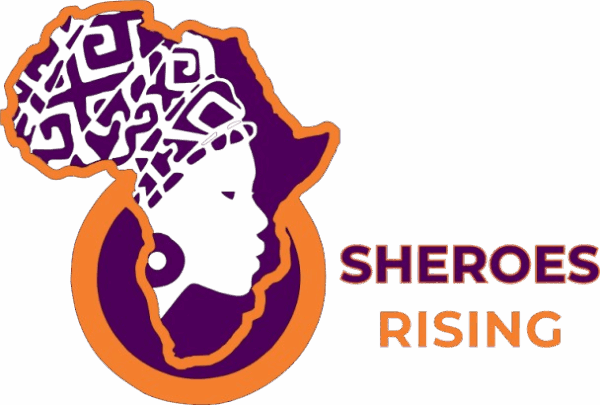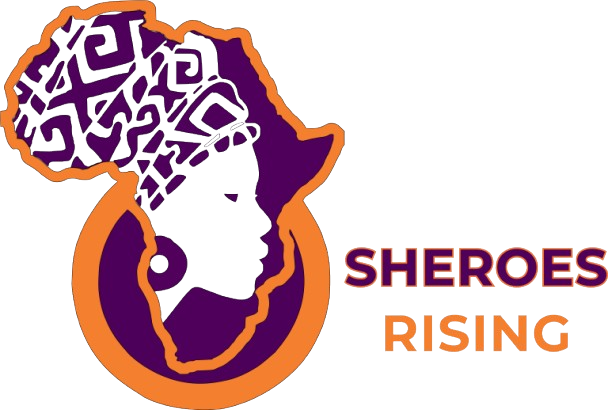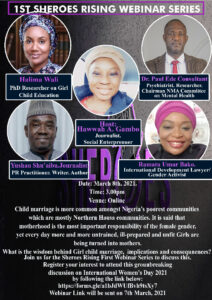Shea Butter: Let’s use Latina, light-skin and Caucasian women advertising a product for all hair types for a brand that’s been a favourite for black women for decades.
Pepsi: Let’s appropriate Black Lives Matter and all other important resistance movements around the world but cast one of the lily white, most privileged, most entitled model in the star part.
H&M: Hold my Pepsi.
This was the week high street retailer H&M joined a long list of global brands committing branding crimes against black people. Despite the backlash the brand received over last weekend, the picture of a black child model wearing a green hooded sweatshirt emblazoned with the words “Coolest monkey in the jungle” remained live on the retailer’s U.K. website until Monday.
A black boy was photographed in a hooded top bearing the words, “coolest monkey in the jungle” while a white boy wore one that read “jungle survival expert.” You could have been forgiven to think Donald Trump, a “very stable genius”, had temporarily taken control of the H&M marketing operations.
The latest faux pas from the high street label comes just months after the retailer removed a hoodie bearing the words “Dogfight in Random Alley” from its stores after animal rights organisation PETA complained that it sent a “dangerous” message.
For the benefit of those blinded by their white privilege, balking at the racism accusations in defence of HM, reminiscing of their childhood when their grandma used to call them a ‘cheeky monkey’, here’s a fact: The word monkey has been used as a racial slur in the European cultures since the middle ages.
The idea of apes being inferior to humans dates back to Plato. It was the Medieval Christian discourse that first recognised simians as devilish figures of lustful behaviour. Several centuries later, in 1633, John Donne in Metempsychosis made on of Adam’s daughters be seduced by an ape. And from then on, sexist manifestation of simians was intertwined with the racist dimension with theories and literary stories of humans mating with apes often in Africa, considered a ‘hotbed of monsters’.
Mid-19 genetic studies did nothing to dispel the myth depicting black people as descendants of apes, therefor inferior to Caucasians in a malicious act of scientific racism.
As the simianisation ideas spread through sciences and humanities, popular culture seized on the idea as well, with repellent combination of sexist and racist representations in popular culture.
Think King Kong – monstrous black simian figure baring its teeth and dragging off a helpless white girl.
Think Tarzan ruling over a world where the black humans are bestial, simian, while the actual apes are near-human.
Think Belgian cartoonist Hergé’s infamous Tintin au Congo, which likewise depicts Africans as inferior apelike creatures.
Unsurprisingly, “macaques” (monkeys) was one of the racist terms used by whites in the Belgian Congo for blacks, as was “macacos” in Portuguese Africa. In his 1960 Independence Day speech, Congolese leader Patrice Lumumba blasted the oppressive legacy of Belgian colonialism, much to the horror of the Belgian king. Reportedly, he concluded:
“Nous ne sommes plus vos macaques!” (We are no longer your monkeys)
60 years on though, it seems some have missed the memo.
The 44th president of the USA, Barack Obama and First Lady Michelle Obama often found themselves at the receiving end of simianisation, especially during Obama’s presidency. John Legend was another high-profile figure who was called a monkey by a racist paparazzo while walking through JFK Airport in New York City with his wife Chrissy Teigen.
In 2016, South African estate agent Penny Sparrow faced criminal charges following a Facebook post complaining about black people littering the beach during NYE’s celebrations in Durban, “From now I shall address the blacks of South Africa as monkeys as I see the cute little wild monkeys do the same, pick and drop litter.”
She made matters worse when she ill-advisedly defended her post in a TV interview with:
“I made the mistake of comparing them [black people] with monkeys. Monkeys are cute and they’re naughty, but they [black people] don’t see it that way, but I do because I love animals,” she said. “It’s just that they [black people] make a mess. It is just how they are.”
It is true, when referring to a cute but naught kid, we do use the term ‘monkey’ affectionately, but when you put a white kind “a jungle survivor” hoodie and the black kid the “coolest monkey in the jungle” one, even if inadvertently, you invoke a racial slur dating back to centuries ago.
Let’s not gloss it over, try to sugar coat it, or pin the blame on the photographer, the stylist, the art director. It is obvious, as with the previous cases on brand tone deafness and short-sightedness, the blame lies once again with the marketing team. So much so that, one begins to wonder if HM was deliberately out to court bad publicity just to hit the deadlines.
H&M immediately pulled the image following the social media backlash with the following statement: “This image has now been removed from all H&M channels and we apologise to anyone this may have offended.” However, the damage, at least for now, is done – with the calls to boycott the brand and R&B singer The Weeknd who had previously collaborated with the brand cutting all ties with a tweet voicing his shock and embarrassment.
As for those who are equally tone deaf or short-sighted, or worse, racist to defend this deplorable mistake, perhaps the best response comes from John Legend:
“Black folks have had to deal with being called monkeys for a long time and dehumanisation has always been a method of racism and subjugation of black people. That’s just part of American history and it’s part of the present, apparently. We saw it with the former president, Obama, whenever people wanted to discount him or discount his wife, they compared them to apes. And we’ve seen that frequently. I look down on that person that would say something like that, but it’s a shame that still exists.”
So, dear white people, next time you dare dream of using the word “monkey” in relation to a black person, think again.
Source: Gurdian Woman









